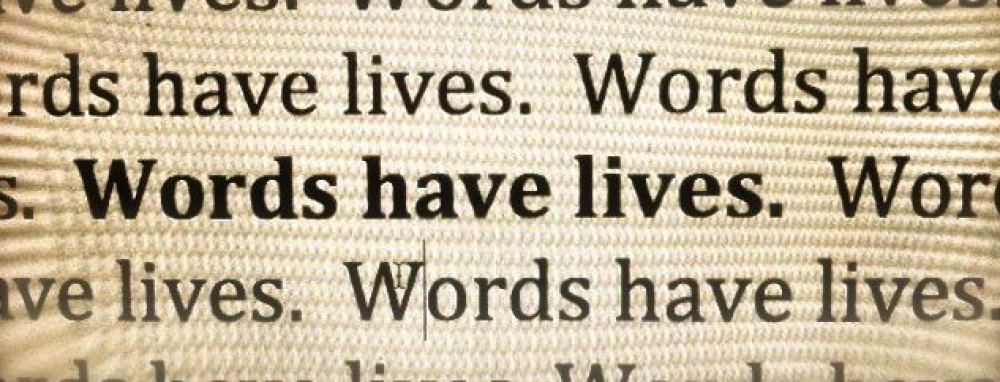
“Related” by Gemma Stiles Flickr/Creative Commons
Students often feel like they “can’t understand” and essay or come up with a response because the topic doesn’t immediately relate to their own lives. It’s important to recognize this as a defense mechanism. For the sake of preserving ego, it’s easier to believe the cards are stacked against us or that we could have passed the test brilliantly if we’d actually tried.
Don’t fall into this habit! Recognize that students who respond this way are often frustrated, denying the fact they haven’t prepared, or are nervous they will fail.
As the CATW is actually testing you on how well you CAN relate to a topic, by deciding you “can’t relate” or respond to the provided essay, you are deciding to fail from the outset. It’s like sitting down to take a math test and refusing to do any problems involving math.
Instead, think: how CAN I relate to this topic? Among the many ways to address this “I can’t relate to this” tick, here are two:
- Slow down! Read carefully before you immediately “react” to a subject or essay. Put your thoughts aside when you “preview” and/or read your essay a first time. Students who suffer from the “I can’t relate to this” syndrome often jump to this conclusion immediately, perhaps even as soon as they see the title. This is because the assumption is NOT REAL. Push it back. Some students have visualized a giant stop sign to keep the “I can’t relate to this” creature at bay.
- “Grow” the subject matter. Instead of “me,” consider the topic in terms of your immediate community, the city, or the environment. Two examples:
- There is an essay on bicycle laws, and you don’t own a bicycle. As a pedestrian or car driver, consider where you most often see cyclists in your neighborhood and why you see them there; or, as someone who breathes, relate cycling laws to environmental concerns about clean air for the city and beyond.
- There is an essay about reducing sugar in the American diet, and dietary habits do not immediately impact you or your extraordinarily healthy family. Consider the places in your neighborhood where people fall into the habit of eating too much sugar (convenience stores or ice cream shops) and consider who you see there and why. Or, relate the sugar problem to the city: how do concerns about sugar and diet affect choices available in high school cafeterias or vending machines? What was the result?
The bottom line is that you are being tested on your ability to relate to the topic given to you. And if you let yourself, you can.






